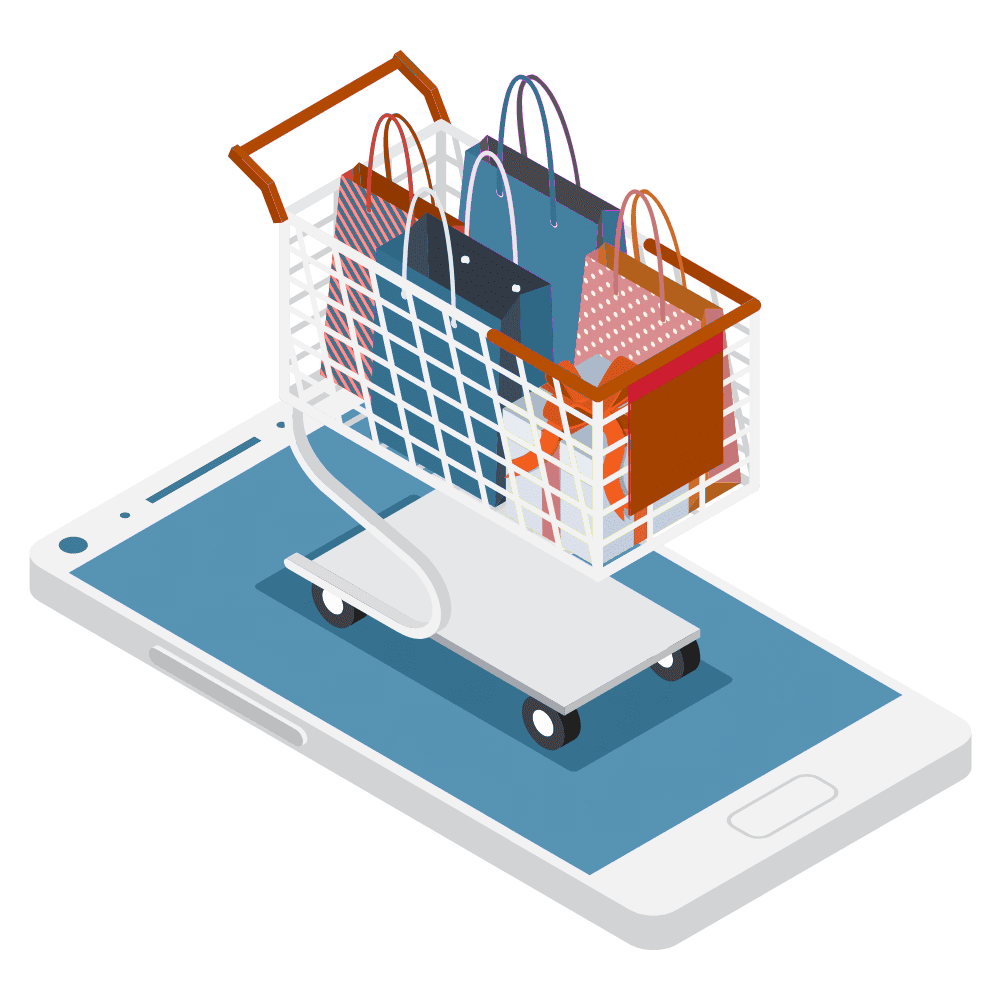The Strawhecker Group and Bank of America recently released their 2022 Predict the Future Report, covering several trends that are shaping the future of the payments industry. The full report takes a look at how merchants are currently approaching contactless payments, web 3.0, e-commerce, and tokenization, among other emerging payment technologies.
Our top takeaways?
79 percent of companies say that integrating ERP systems with real-time or embedded payments is among their top goals.
With traditional payment processing involving so many disparate processes and systems, it’s easy to understand why integrated payments are a top priority. Companies can stop using valuable resources on manual processes like keying in credit card data, matching up records across multiple applications, and flagging transactions to settle at the end of every day. In turn, they can use those resources for more valuable activities – modernizing their payment operations and spending less time on repetitive tasks.
 Subscription economy merchants have grown 5-8x faster than traditional merchants.
Subscription economy merchants have grown 5-8x faster than traditional merchants.
The subscription payment model is designed to create long-term, recurring revenue. Instead of chasing one-time transactions, merchants can on-board customers once and collect weekly, monthly, quarterly, or yearly payments. With lower administrative costs and a higher average lifetime customer value, it’s easy to understand why subscription-based merchants are growing faster than those who take a more traditional approach to retail.
Discover how to accelerate your growth with recurring subscription payments – on any schedule.
69% of U.S. consumers choose to store a card on file or have recurring billing set up with their most heavily frequented merchants.
A digital wallet is no longer a novel experience. It’s now an expectation – and not just for online payments.
Today’s customers want to provide their credit card information once, then re-use that payment method for subsequent transactions. When they check out online, they want to choose a stored card for payment. And when it comes to non-e-commerce transactions? They want a similarly easy experience for phone-based and face-to-face transactions, without having to pull out their credit card for every sale.
Of course, for the merchant, this can introduce new security concerns. Storing card data comes with a number of risks – not to mention increased compliance requirements. However, storing a remote token in place of the physical card data can allow for card-on-file transactions, without the corresponding security burden.
Find out how to give your customers a seamless, secure card-on-file experience.
97% of shoppers have bailed on an online order because it was too complicated or inconvenient.
When we say that customers have come to expect seamless transactions – this statistic shows the impact of an overly complicated checkout experience.
The more work a customer has to do to make a purchase, the more likely they are to abandon the transaction. Shopify estimates that e-commerce retailers lose $18 billion in revenue every year because of cart abandonment – and that when shoppers quit m
id-transaction, less than a third return to complete it at a later date.
Only 2 percent of tokenized transactions are declined, as opposed to 7 percent of non-tokenized card-not-present transactions.
Merchants often adopt payment tokenization for the security and compliance benefits – but they can also use it to reduce their declined transaction rate.
According to the Predict the Future Report, nearly 7 percent of non-tokenized card-not-present transactions are declined. The same was true of only 2 percent of tokenized transactions.
Because there are fewer riskier elements in a tokenized transaction, anti-fraud systems are less likely to be triggered during a tokenized transaction. And, because the customer is not manually keying in their credit card data for each purchase, there are fewer opportunities for the information to be entered incorrectly – again reducing decline rates.
Learn More About Modernizing Your Payment Operations with Curbstone
Interested in adopting the latest payment technologies at your business? At Curbstone, we can help you implement tokenization, card-on-file transactions, custom integrations, and other technologies for fast and secure payments. Contact us today to learn more:
A Trusted Member Of The Payments Industry



